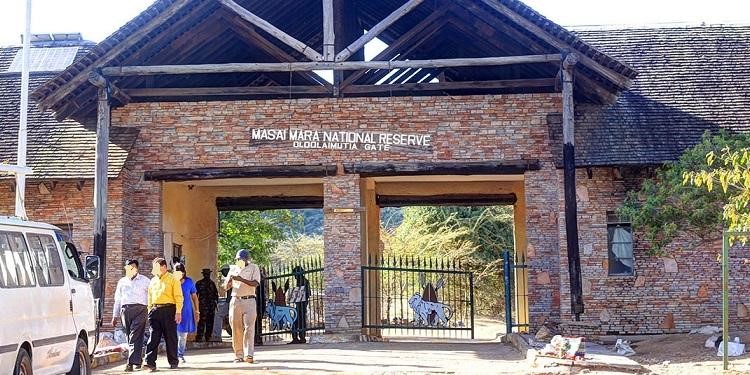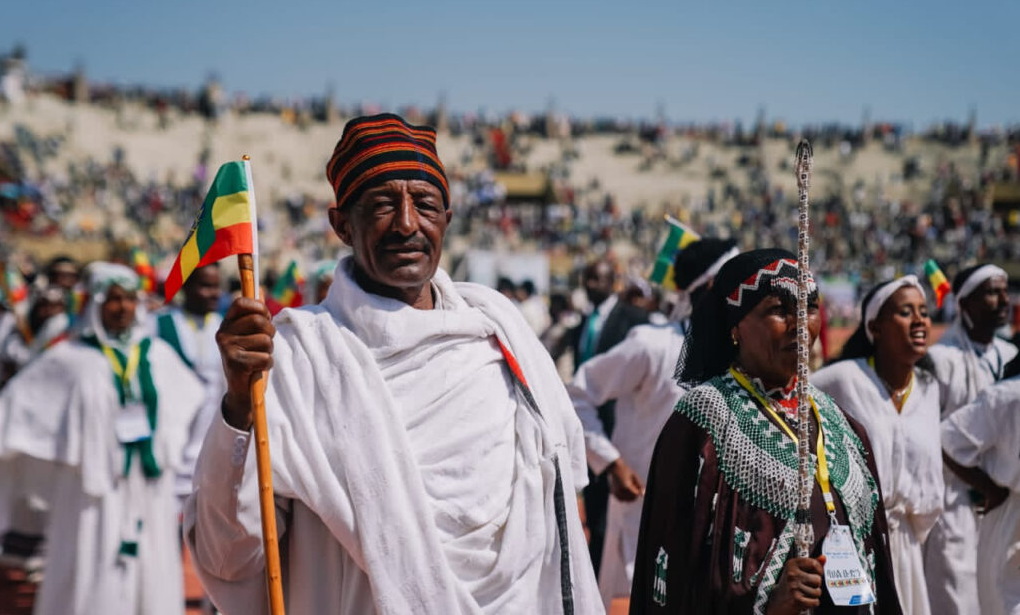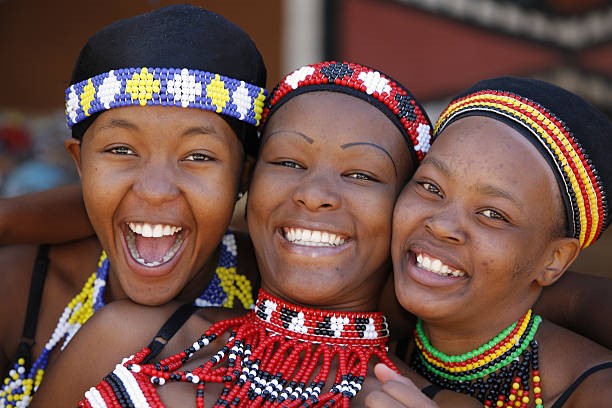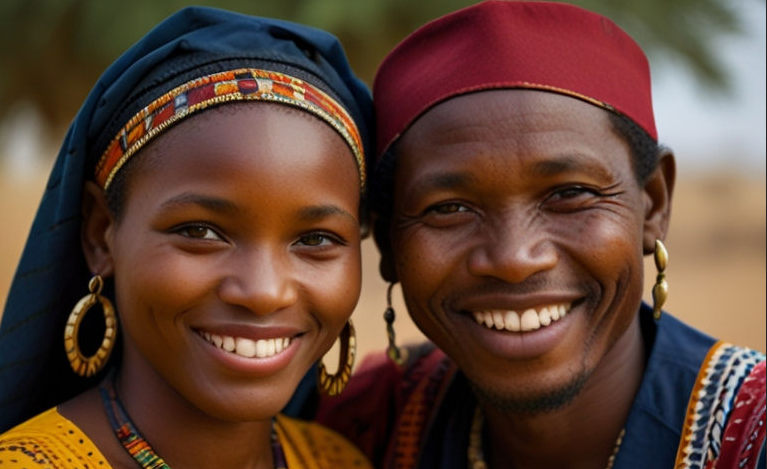Somalia is a country located in the Horn of Africa with a rich cultural heritage. One of the most important ways that Somalis celebrate their culture is through festivals. Festivals in Somalia are a time for families and communities to come together and celebrate their customs and traditions. In this document, we will explore some of the most notable festivals in Somalia.
One of the most popular festivals in Somalia is Eid al-Fitr. This festival marks the end of the holy month of Ramadan, during which Muslims fast from dawn to dusk. Eid al-Fitr is celebrated by exchanging gifts, visiting friends and family, and feasting on traditional Somali dishes. According to Ahmed (2019), Eid al-Fitr is a time for Somali families to come together and celebrate the end of a month of spiritual reflection and self-discipline.
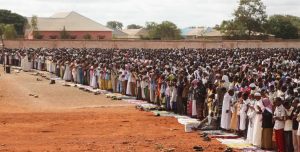
Another important festival in Somalia is Eid al-Adha. This festival commemorates the willingness of Prophet Ibrahim to sacrifice his son Ishmael as an act of obedience to Allah. Muslims around the world celebrate Eid al-Adha by sacrificing an animal, typically a sheep or goat, and sharing the meat with family, friends, and those in need. According to Abdi (2018), Eid al-Adha is a time for Somalis to reflect on the importance of sacrifice and generosity.
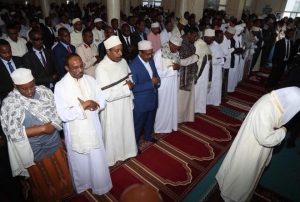
The Somali New Year, known as Guulwade, is another significant festival in Somalia. Guulwade takes place in mid-December and marks the beginning of the Somali calendar year. Celebrations typically involve feasting, dancing, and traditional Somali poetry recitations. According to Said (2017), Guulwade is a time for Somalis to reflect on the past year and set intentions for the year ahead.
In addition to these festivals, there are many other celebrations that take place throughout the year in Somalia. For example, the Mogadishu International Book Fair is an annual event that celebrates Somali literature and culture. The Hargeisa International Book Fair, held in the Somaliland region of Somalia, is another important event for Somalis interested in literature and the arts.
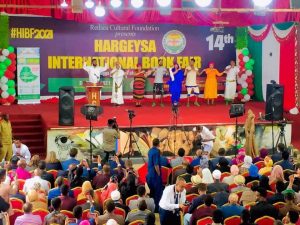
In conclusion, festivals are an important part of Somali culture and provide an opportunity for Somalis to come together and celebrate their heritage. From religious festivals like Eid al-Fitr and Eid al-Adha to cultural events like the Somali New Year and the Mogadishu International Book Fair, there are many ways for Somalis to celebrate their traditions and customs

